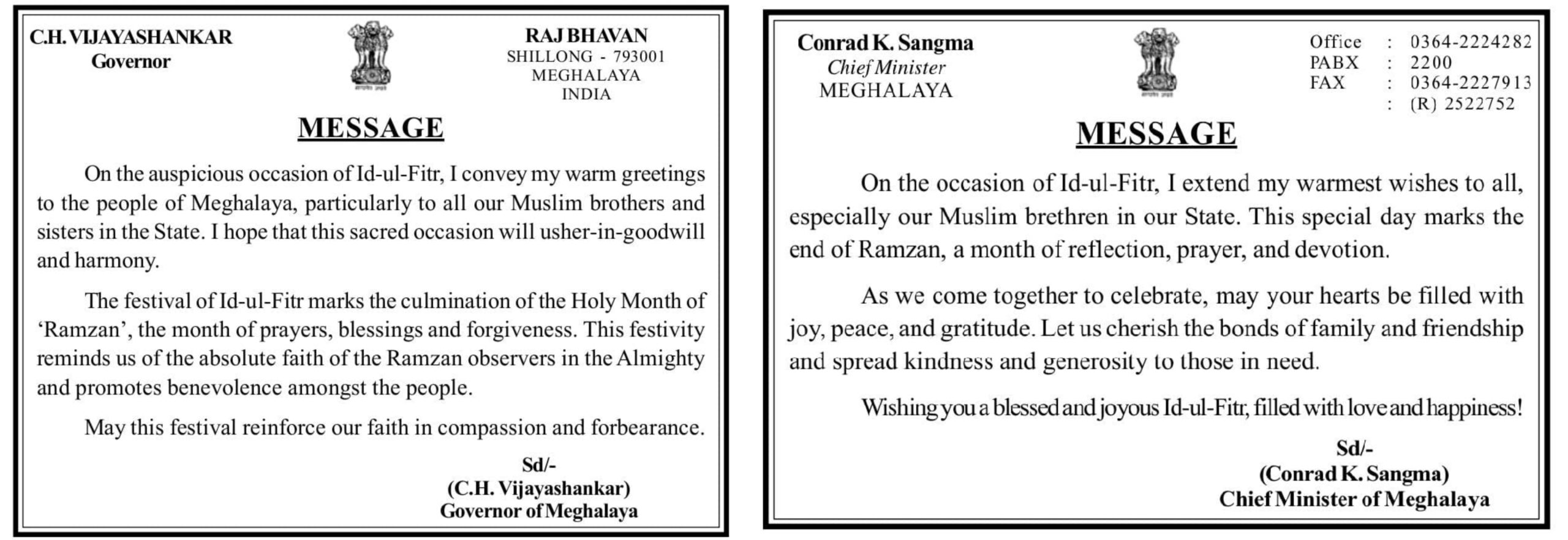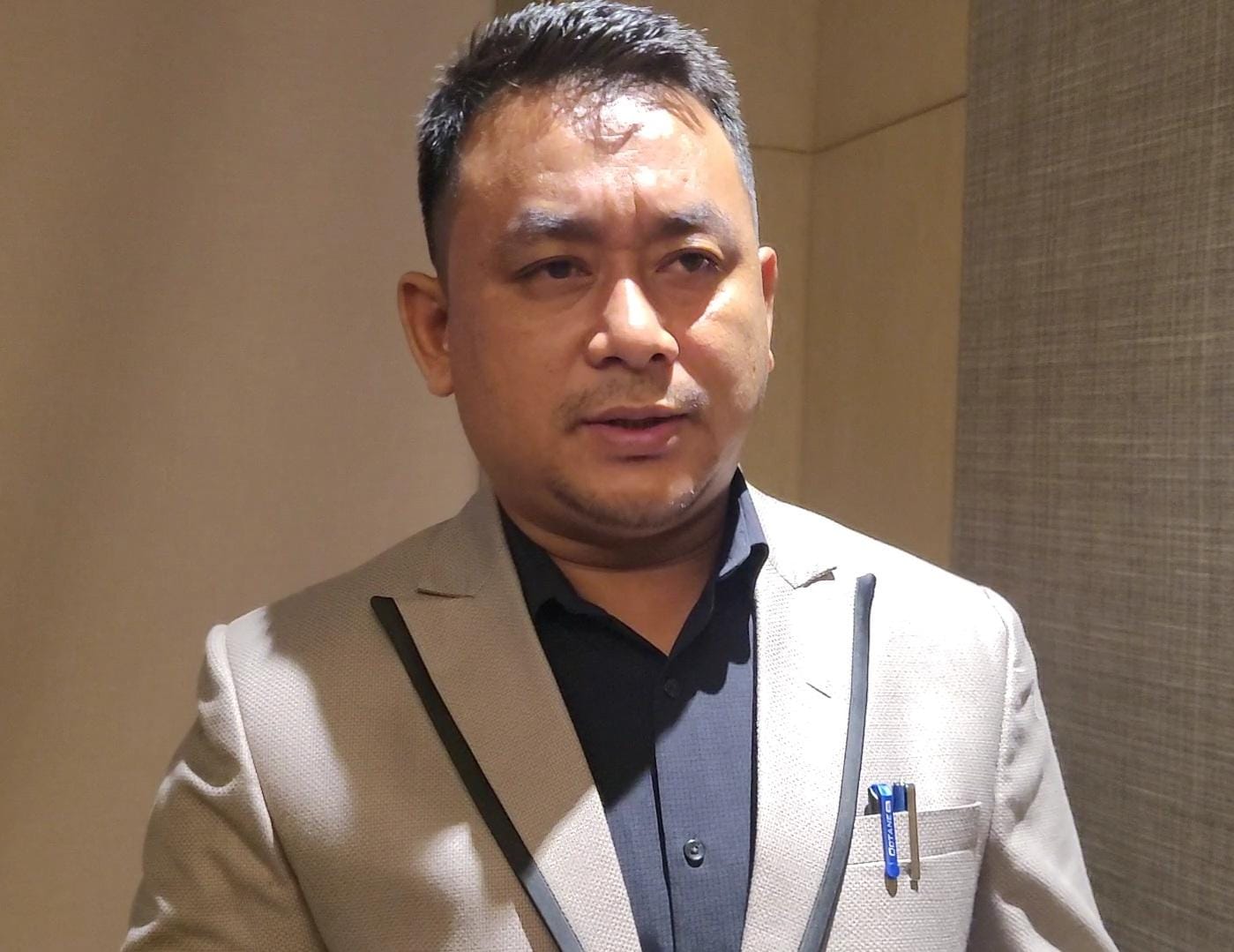Nikman Ch Marak, Deputy Chief Executive Member of the Garo Hills Autonomous District Council (GHADC), addressed the financial challenges facing the council, attributing them to systemic issues and a backlog from the previous Executive Committee (EC). He highlighted that, despite the State Finance Commission being passed in 2012, its members have not been appointed, exacerbating financial difficulties.
Speaking to the media, Marak clarified, that the current EC has no backlog but is burdened by inherited financial constraints.
“The current EC does not have any backlog but is burdened by financial constraints inherited from the previous EC,” the Deputy CEM of GHADC said.
He explained the difference in financial powers between Assam and Meghalaya’s district councils: “Meghalaya’s district councils do not have the same powers as those in Assam. In Assam, the State Finance Commission allocates indirect taxes collected by the government between the state and the district councils. However, in Meghalaya, although the State Finance Commission was passed in 2012, the members have yet to be appointed. This is why the district councils do not receive any share of indirect taxes, only royalties from major and minor taxes and motor vehicle taxes.”
Marak emphasized that the problem lies within the system itself, stating, “If the mechanism was in place to properly address these issues, we could solve the problem.”
One of the key challenges for GHADC, according to Marak, is the issue of unpaid salaries. “Pending salaries have been a long-standing challenge. Employees have not received salaries for nearly 34-35 months. Since taking office in June 2021, we have been working to resolve this. We inherited a 34-month salary backlog, and through discussions with employees, NGOs, and political leaders, we were allowed to form an EC and begin addressing the issue.”
Marak highlighted the efforts made by the current EC to ease the financial burden. “We reduced the number of employees from 2,000 to 1,500, enhanced revenues, and introduced voluntary retirement schemes. During our tenure, we managed to disburse salaries for 37 months. However, the 34-month backlog from the previous EC continues to pose a challenge. We’ve also increased taxes on forest products and other revenue sources to generate more funds for salaries,” he said.
In meetings with the 16th Finance Commission, Marak stressed the need for revenue sharing between the state and district councils. “We have requested that the GST share between the state government and district councils be recommended, especially since Garo Hills is entirely under the Sixth Schedule. All taxes collected are from this scheduled area. We’ve also written to the Ministry of Finance regarding the 2014 agreement between the ANVC, state, and central governments to help strengthen the district council.”
When asked whether employees were responsible for the financial crisis, Marak firmly stated, “This is not about the employees or the staff. It’s the mechanism that’s at fault. The previous EC did not disburse salaries, but since our tenure began, we have been regular with salary payments.”
Looking ahead, Marak expressed optimism, noting that the introduction of online processes by the 15th Finance Commission is bringing transparency and accountability. “There is now a system in place to check and balance. We are grateful that everything is moving online, which will help resolve many of the past issues,” he concluded.


